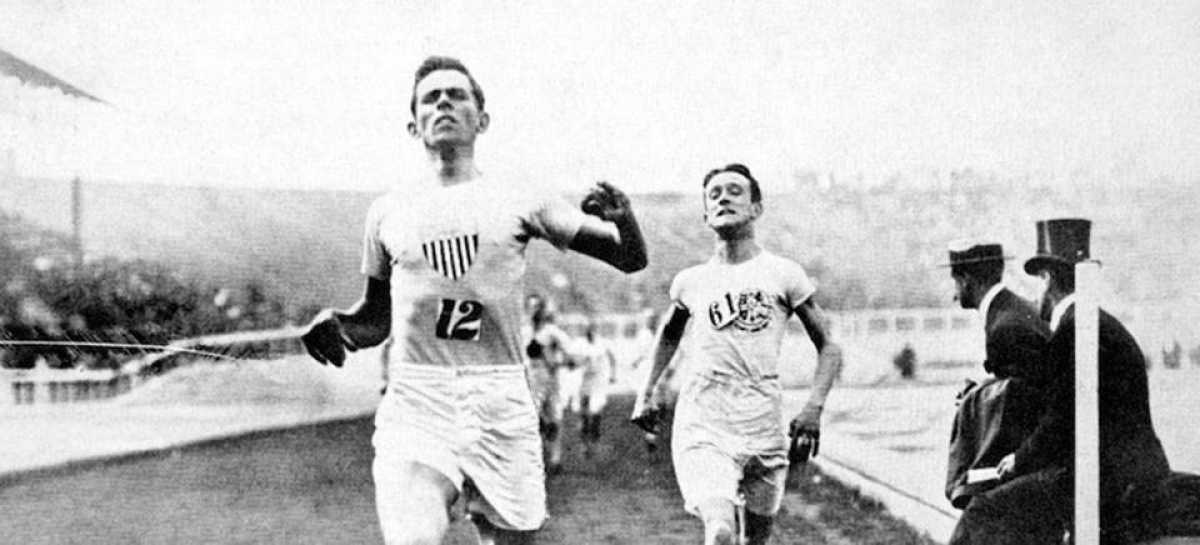Features
The History And Evolution Of Olympic Games

Olympic Games, the world’s biggest celebration of sports and human achievements, have a rich history that dates back thousands of years. From its humble beginnings in ancient Greece to its global recognition today, the Olympic Games have undergone significant transformations. Let’s delve into the fascinating journey of the Olympics.
Ancient Olympic Games: The Birth of the Olympics
The ancient Olympic Games were first held in Olympia, Greece, in 776 BCE. These games were a religious festival to honor the Greek god Zeus and took place every four years. They included various athletic competitions, such as running, long jump, discus throwing, and chariot racing.
Initially, only male Greek athletes participated in the events held over five days. During this period, all wars and conflicts were suspended to ensure safe passage for athletes and spectators. The games became a symbol of peace and unity in ancient Greece.
Middle Ages: Decline and Rebirth
With the fall of the Roman Empire, the ancient Olympic Games also disappeared. The event remained forgotten for centuries until its revival in the late 19th century. The credit for the rebirth of the modern Olympic Games goes to Frenchman Pierre de Coubertin, who passionately believed in the power of sports to bring people together.
In 1896, the first modern Olympic Games were held in Athens, Greece, featuring participants from 14 nations. The sports included in these games were influenced by the ancient Greek Olympic events, comprising track and field, gymnastics, cycling, and swimming.
Growth and Development of the Olympic Movement
After its resurrection, the Olympic Games steadily gained prominence and continued to evolve. The number of participating nations increased with each edition of the Games, showcasing the growing global interest in this sporting extravaganza.
Women’s participation took place in the 1900 Paris Summer Olympics, with events like tennis and golf. Over time, the number of women’s events expanded, reflecting the growing emphasis on gender equality in sports.
The Paralympic Games, a parallel event for athletes with disabilities, were introduced in Rome in 1960. This significant step marked the convergence of the Olympics with inclusivity for all athletes, regardless of physical abilities.
Modern Olympics: Technological Advancements and Global Impact
As the years passed, the Olympic Games became an increasingly global phenomenon. The development of technology played a significant role in enhancing the experience for athletes and viewers.
Television broadcasting revolutionized the Games, allowing people worldwide to witness the competitions in real-time. The introduction of instant replays, slow-motion footage, and aerial camera shots added a new dimension to the viewing experience.
The Olympic venues also underwent substantial transformations. Sophisticated stadiums, equipped with advanced facilities, were built to host the Games. Sustainability became a key focus, with eco-friendly construction practices and renewable energy sources being integrated into the infrastructure.
The Olympic Games became more than just a sporting event. They became platforms for cultural exchange, fostering friendships and understanding between nations. As the Games grew in popularity, countries began utilizing them to promote their culture, economy, and tourism.
The Future of the Olympics
The Olympic Games continue to evolve to adapt to the changing world. New sports are added, and rules are refined to reflect contemporary sporting trends and maintain relevance. The inclusion of skateboarding, surfing, and sport climbing for the 2020 Tokyo Olympics illustrates this evolution.
The push for sustainability and inclusivity persists, with host cities and the International Olympic Committee (IOC) committed to reducing the environmental impact of the Games and ensuring accessibility for all athletes.
Despite challenges and disruptions caused by global events, the spirit of the Olympics prevails. The Games serve as a testament to the resilience of human spirit, celebrating exceptional athleticism, unity, and international camaraderie.
The history and evolution of the Olympic Games is a testament to how sports can transcend mere competition, becoming a powerful force for unity, cooperation, and celebration of our collective achievements.










